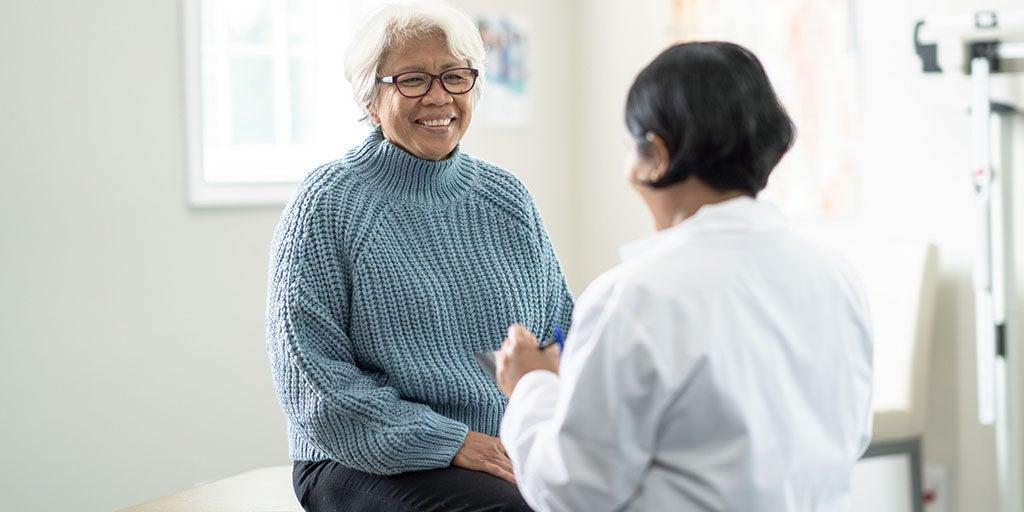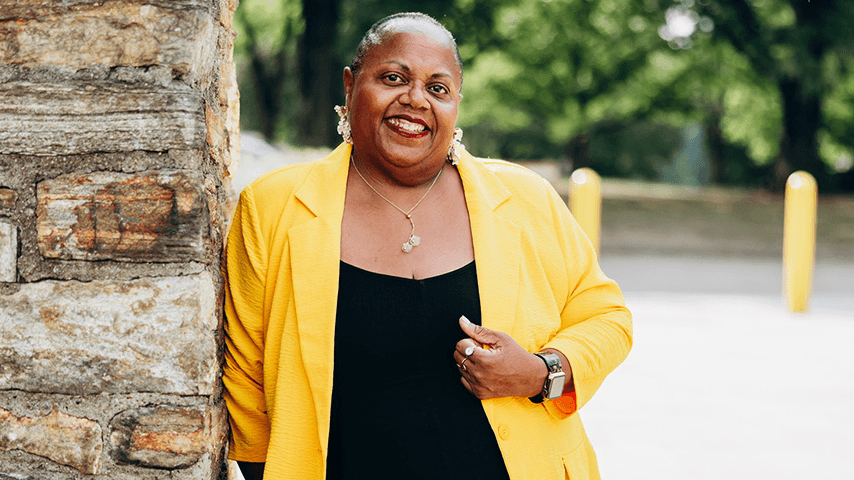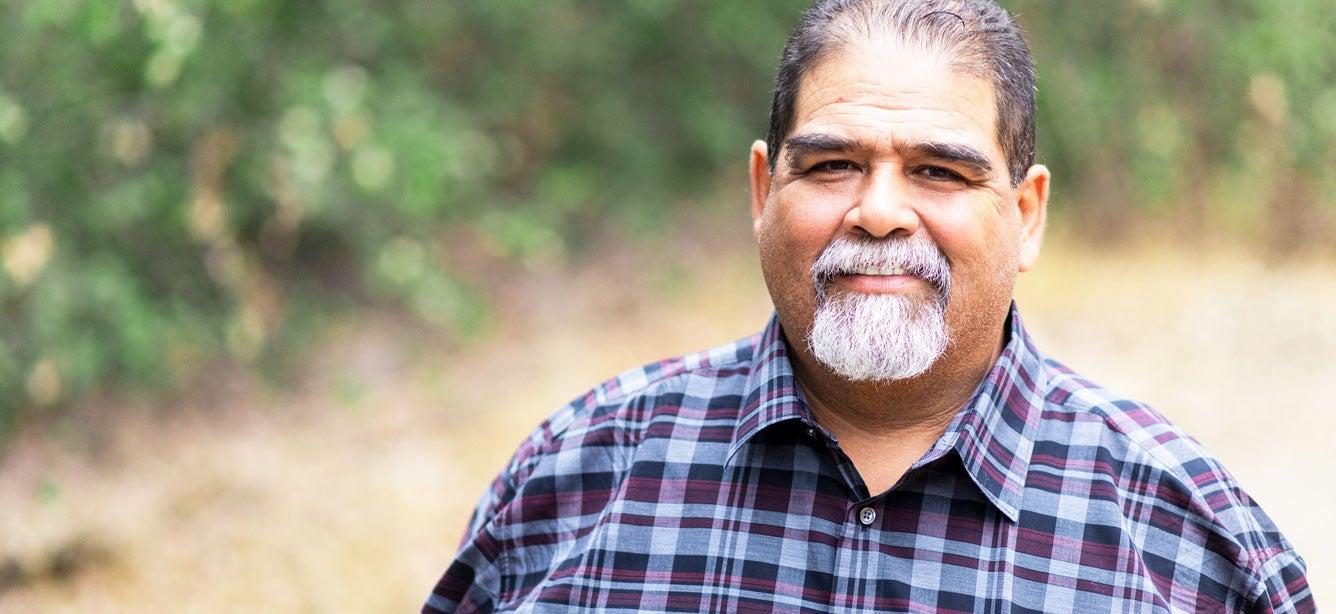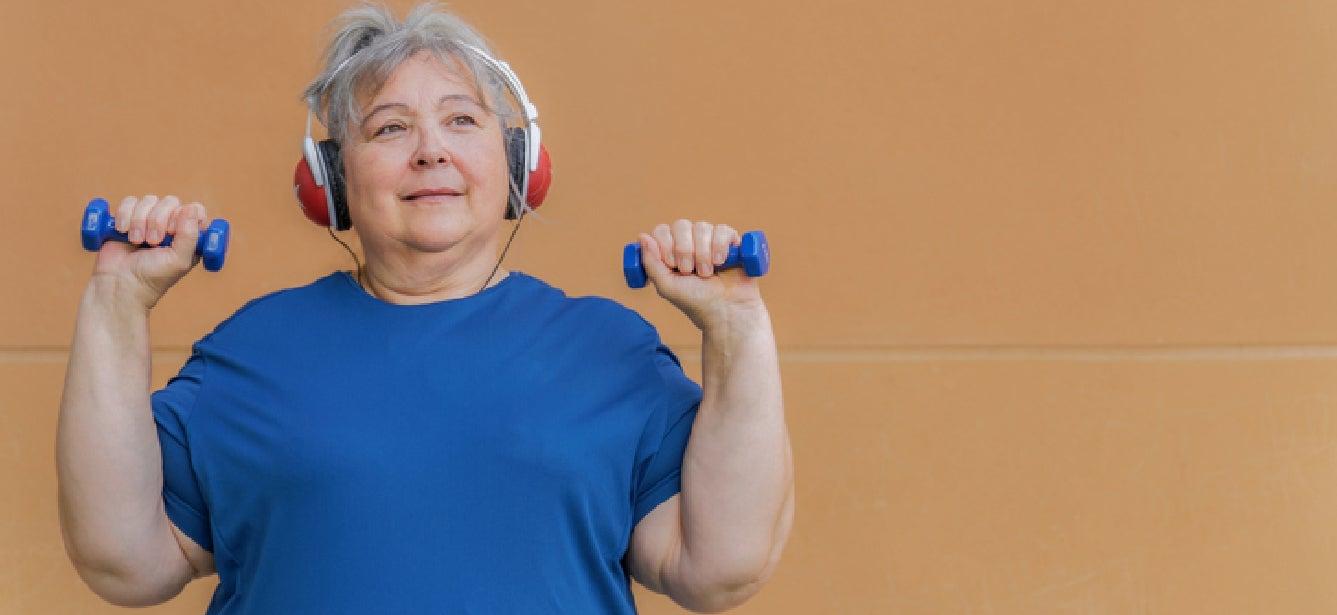It’s Time to Dive Deeper to Understand Obesity: A Provider and Patient Perspective
3 min read

As a nurse practitioner and nurse for 47 years, it’s safe to say I have a lot of experience seeing patients with obesity. I’ve always been very busy because patients feel I understand them more than other practitioners. Why? Because I, too, have obesity.
I was labeled “fat” from a young age, which affected the things I enjoyed. Things like volleyball, which I didn’t play because the uniforms didn’t fit, and band, where I had to play the heaviest drums just because of my size. I always felt that I had to be better than everyone else simply because of my weight. I had to be the best saxophone player in the band and the strongest on the cheerleading squad to make up for being “fat.”
I was put on my very first diet by the time I was six years old—the Green Eggs and Ham diet, consisting of spinach, eggs, and grapefruit—which, like most six-year-olds would, I detested.
When I look back, my entire family consisted of large people. I didn’t really feel I was that different until comments from others, including my mother, reminded me that something was wrong with me. That I wasn’t like everyone else because I was fat.
I hated going to the doctor from a young age, especially once I caught on that the advice they gave would always be: “you’re fat, you need to diet, and you need to move more.” This was perplexing to me, seeing as I moved and exercised more than anybody I knew. Other kids didn’t want to play Red Rover with me because they knew I’d outlast them every time.
There was clearly something else, not related to my behavior, that was impacting my weight. I’ve continued to try to understand this mystery for the rest of my life and in my practice as a health care provider. CDC data from 2023 show that in 23 states, including Michigan, more than one in three adults (35%) has obesity. This is a serious health problem that shaming or indifference are not going to solve.
What I really want people to know from my experience is that obesity is not a result of laziness, as society would have us believe. It’s a disease that we don’t quite understand yet.
Countless other diseases in history took years to understand, like HIV and alcoholism. Obesity is similar. We know certain things about it very well, like its inflammatory properties and the many comorbidities that accompany it—in my case, joint pain and heart disease. But it’s time for us to let go of the stigma around obesity and work to truly understand its root causes and the experiences of the people who are living with it.
Understanding the value that medications bring is an essential piece of this puzzle. My sister and I, after being told for years to eat less and move more, have both started taking GLP-1 medications. And we both have noticed how “normal” we feel since taking them—finally experiencing how our bodies are “supposed” to work. It’s also helped my blood sugar levels stay in a healthy range, which gives me peace of mind since I have the added stress of living with heart disease on top of my obesity.
It’s important that all people with obesity are seen as people first—people who are living with an incredibly challenging chronic disease. As providers, it’s our duty to look beyond people’s weight, see the whole picture of what they’re feeling and experiencing, and push for more research so we truly understand it.
For people with obesity, my message is that you are not alone or lazy. You are living with a complicated disease. My challenges over the years have led me to become a better provider and a fierce advocate for women’s health, formerly serving as Chair of the Board of Directors for WomenHeart, an organization that supports heart health initiatives for women. Obesity is part of your life, but only one part. You are made up of so much more, and together we can fight for change to truly understand obesity and let patients’ voices be heard.
Lyn Behnke, DNP, FNPBC, PMHNPBC is a nurse practitioner in Northeast Michigan.




